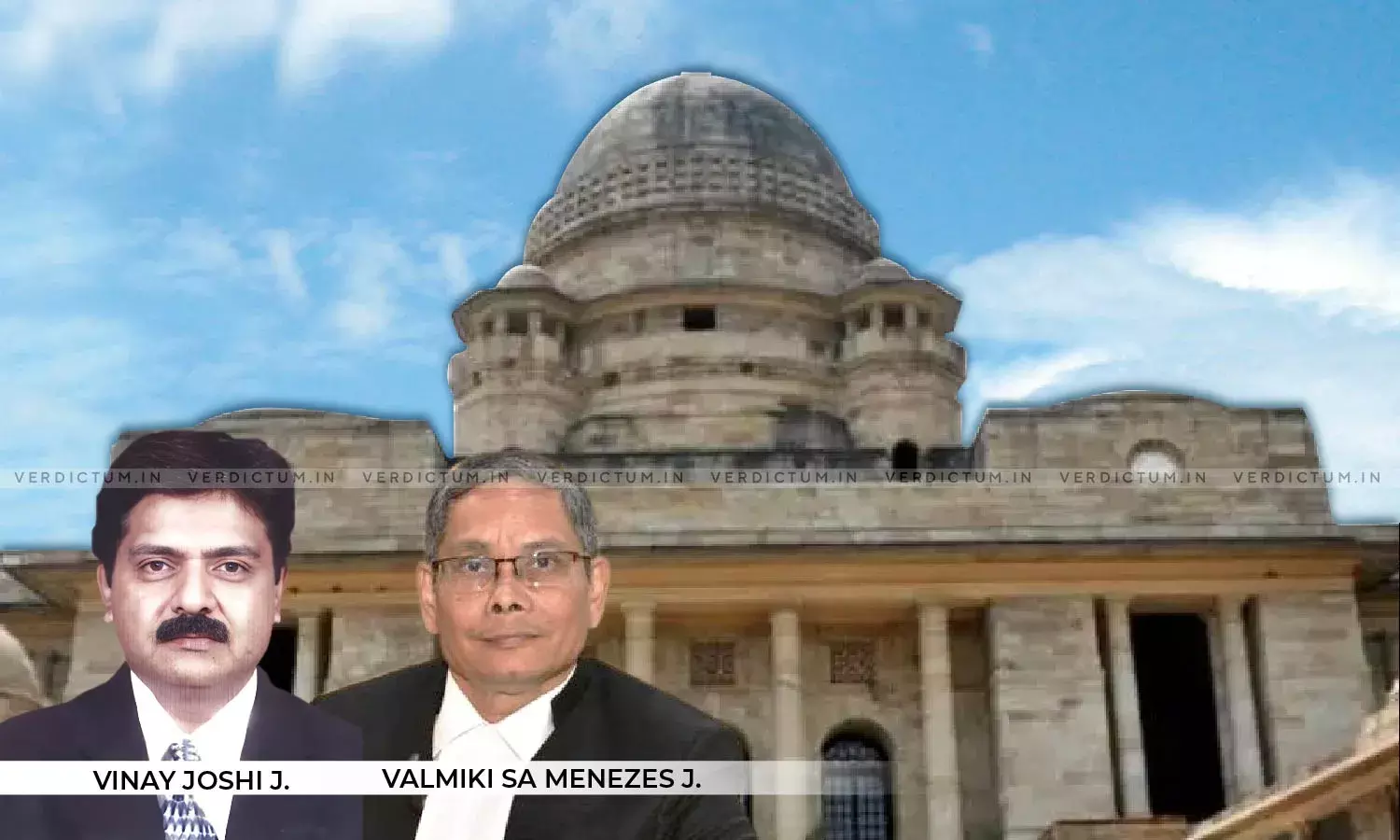Epilepsy Not A Mental Disorder To Render It Impossible For Spouse To Live Together Or Ground To Seek Dissolution Of Marriage Under HMA: Bombay HC

The Bombay High Court, Nagpur Bench recently while dismissing family court appeals and upholding the trial court’s judgment has observed that epilepsy is not a mental disorder to render it impossible for the spouse to live together, and certainly not a ground to seek dissolution of marriage under Section 13(1)(iii) of the Hindu Marriage Act.
In the present matter, the appellant-husband’s (original petitioner) main contention was that the respondent-wife suffered from mental disorder of epilepsy, and that the manifestation of the disorder rendered it impossible for the petitioner to live with the respondent. It was further argued that because of the disorder, the resultant behaviour amounted to cruelty, rendering the marriage open to grant of a decree of divorce in terms of the grounds specified under Section 13(1)(i-a) and under Section 13(1)(iii) of the Hindu Marriage Act.
A bench of Justice Vinay Joshi and Justice Valmiki Sa Menezes, therefore, noting the factual circumstances and the testimonies of the doctors, observed, “…we hold that the petitioner has failed to prove that the respondent was suffering from epilepsy or even that, if she were suffering from such a condition, the same could be considered as a ground under Section 13(1)(iii) of the Act for claiming a decree of dissolution of marriage”.
Advocate Vishwadeep Mate appeared for the appellant and Advocate Jyoti Dharmadhikari appeared for the Respondent.
In the present matter, it was averred by the appellant that the respondent had threatened him to commit suicide and her behaviour was abnormal, leading to a break down in their marriage due to mental torture and cruelty suffered by the petitioner. Secondly, it was alleged that the respondent was suffering from fits of epilepsy which was an incurable disease leading to her being of unsound mind, and therefore he could not be expected to live with the respondent.
It is also to be noted that the wife had also filed a petition under Section 9 of the Act for restitution of conjugal rights. Pursuant to which, the trial court by its common judgment in the petitions, based on the evidence recorded two findings:
-that the the petitioner had failed to prove that the respondent was suffering from “Epilepsy” or any incurable mental disorder which would make her unsound of mind to such an extent, that the petitioner could not be expected to live with the respondent.
-that the respondent lived a normal life and the evidence on record demonstrated no mental disorder of any nature or a behaviour that would constitute of a ground of cruelty meted out by the respondent to the petitioner.
Now the questions before the court to adjudicate upon were: a] Whether the impugned judgment and decree of the Family Court is vitiated by and contrary to law, on grounds of perversity of findings that the respondent does not suffer from any mental disorder or epilepsy constituting a ground under Section 13(1)(i-a) and under Section 13(1)(iii) of the Hindu Marriage Act, 1955 ? b] Whether the impugned judgment and decree calls for any interference under Section 96 read with Order 41 of the Civil Procedure Code ?
While answering both in negation, the bench thus observed, “The judgment of the Trial Court has considered all the evidence to which we have made a reference and has correctly arrived at its finding, rejecting both grounds for seeking a divorce. The judgment of the Trial Court has considered the medical evidence on record and written a finding that there is no evidence that the respondent had ever attempted to commit suicide or had indulge in behaviour to make out a ground of cruelty or, that she was suffering from epilepsy or any form of mental disorder to make out a ground under Section 13(1)(iii) of the Act. We are in complete agreement with the findings of fact arrived at by the Trial Court, which are in consonance with the evidence on record. There is no perversity in any of the findings arrived at by the trial Court in passing a decree of dismissal of the petition”.
Accordingly, the bench dismissed the petitioner’s Family Court Appeals with no order as to costs.
Cause Title: Harish v. Leelavati [Neutral Citation: 2023:BHC-NAG:14064-DB]
Click here to read/download the Judgment

